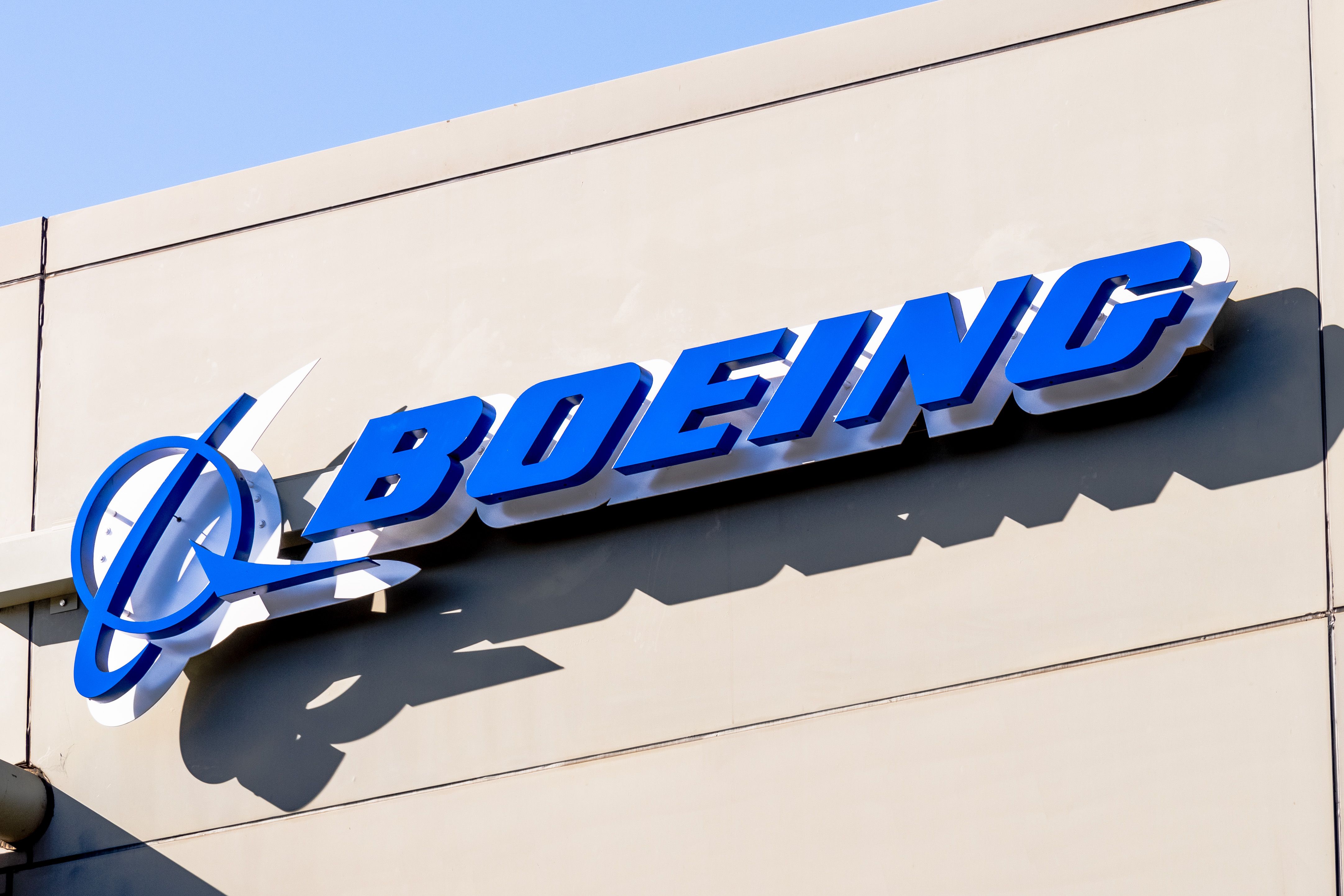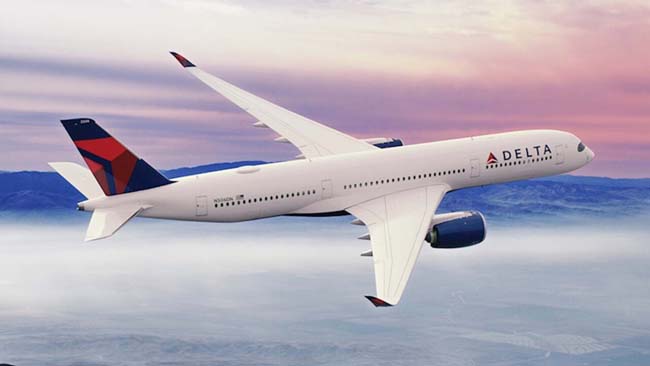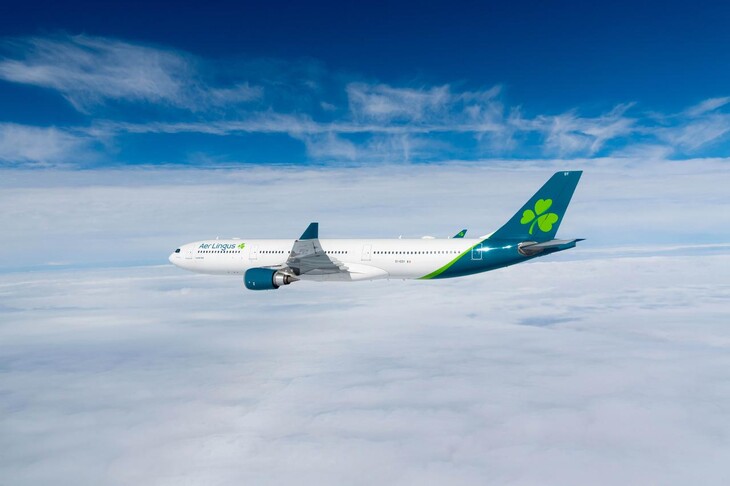Summary A US District Judge threw out a case against Boeing, which was brought forward by Zunum, a US-based startup. The startup looked to develop a hybrid-electric aircraft, yet ran out of cash in 2018. While initially the jury ruled in Zunum's favor, the judge overturned that ruling.
James Robart, the United States District Court Judge for the Western District of Washington, threw out Zunum’s case against Boeing and Boeing HorizonX, concluding that the startup, looking to develop a hybrid electric regional aircraft, failed to provide evidence for its claims against the aircraft manufacturer. Tesla of Aviation Providing the background information for his decision, Robart described that Zunum strived to become the Tesla of commercial aviation, with the company being led by Matt Knapp and Ashish Kumar, two co-founders of Zunum. Both believed that the startup could have made air travel greener, faster, and more affordable using hybrid-electric technologies.

“Operating a jet startup, however, is an expensive endeavor. Before Zunum could shock the industry, it needed some money.” Thus, Zunum identified Boeing as a potential investor.
The latter agreed to invest in the company in 2017, loaning $5 million through a note purchase agreement (NPA) and an additional $4 million using the same method in May 2018. Each investment came with an investment rights letter (IRL) mandating Zunum to share more information with Boeing for limited purposes. While Zunum was actively seeking other investors and/or partnerships, including one with France-based Safran, it ultimately ran out of cash in October 2018, with Boeing refusing to invest more into the company.
While the order includes plenty of firm purchases, it still is a Letter of Intent (LoI). Disagreements and thrown kitchen sinks Knapp and Kumar remained with the company and, in November 2020, sued Boeing. As described by Robart, the startup “threw the kitchen sink at Boeing,” with 11 counts for various breaches and violations.
Boeing threw the sink back, filing five counterclaims, adding that while the manufacturer wanted Zunum to succeed, it could not handle the turbulent leadership and mismanagement of the two co-founders, who had no realistic business plan. “According to Boeing, Mr. Knapp and Dr.
Kumar refused to “accept help [Zunum] obviously needed” while “insist[ing] on a valuation well in excess of $100 million,” despite Boeing’s and other companies’ disagreement.” However, in June, Zunum asked the judge to order Boeing to pay $92.79 million in ordinary damages, in addition to prejudgement interest, exemplary damages, attorneys’ fees, compensation of costs, and pay post-judgment interest to the startup, with the total penalty rising to up to $235 million.
Initially, the case’s jury decided that Boeing should pay Zunum $81.23 million in damages, $67.08 million in damages on the IRL claim, and $11.
56 million in non-duplicative damages on the tortious interference claim. “The jury also found that Zunum failed to mitigate damages in the amount of $20.82 million.
And the jury found that Boeing’s misappropriation was “willful and malicious.” However, the company that sued and eventually won the lawsuit, Zunum Aero, has been dormant since October 2018 when it ran out of cash. Vacating the previous judgment On August 14, Robart ruled in Boeing’s favor, dismissing Zunum’s claim, which in turn, resulted in the court throwing out the startup’s motion for post-trial relief.
“The court VACATES its prior judgment [the ruling in June – ed. note] and will enter judgment in Boeing’s favor.” Kelly Ortberg began working as the chief executive of Boeing on August 8.
.



















